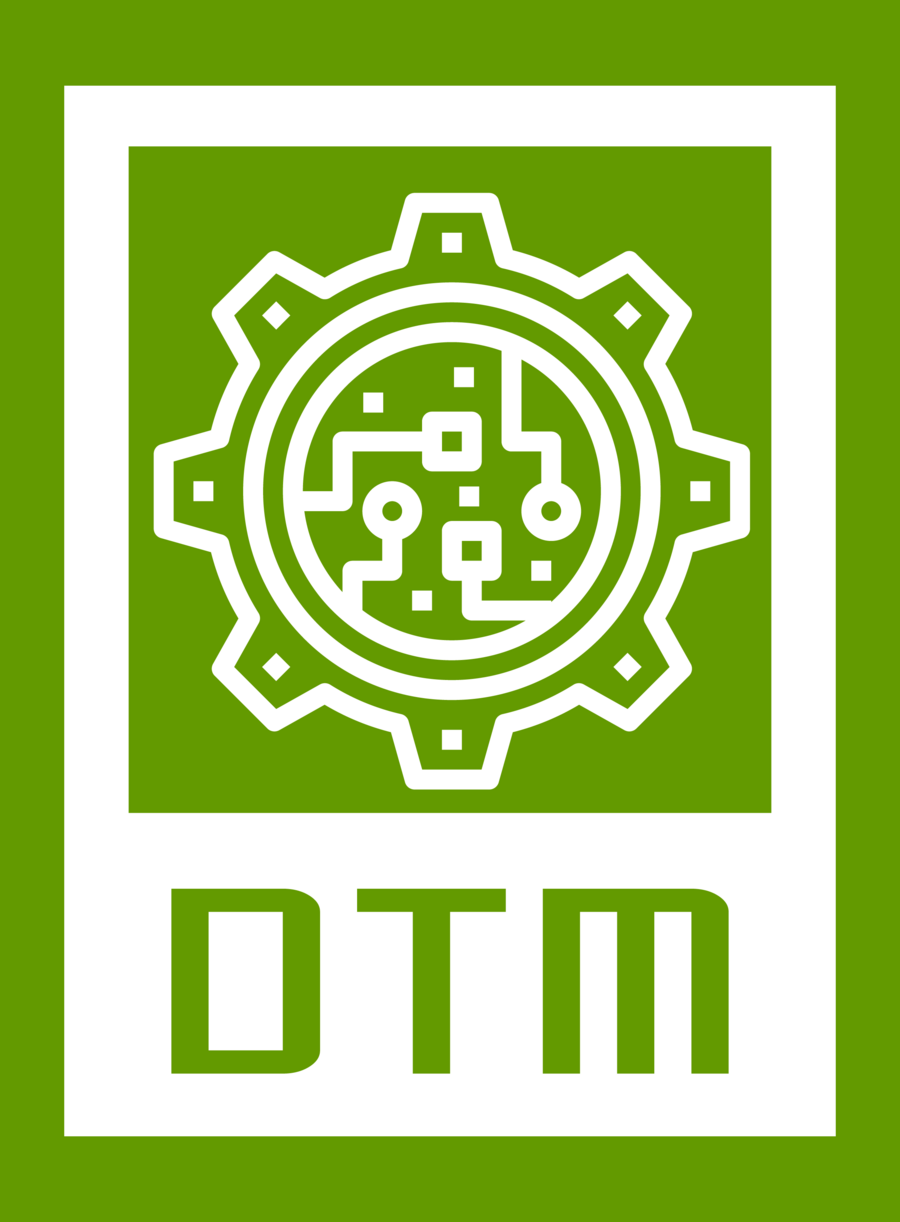Digital technical mechanics

“Mechanics” is often perceived as a difficult subject. The average performance of students, measured in terms of exam results with a tendency towards low pass rates, is often inadequate. The traditional, frontal and theory-heavy lecture format without practical relevance often has a demotivating effect. The exercises largely consist of sessions in which lecturers present their idea of an optimal solution instead of giving students the opportunity to develop and test their own approaches in a constructivist environment. As a result, the skills acquired often remain at the level of “applying” instead of promoting the stages of “analyzing”, “assessing” and “creating” (according to Bloom's taxonomy), which are important for engineering.
These problems in mechanics education are exacerbated by the heterogeneity of the students. Students differ greatly in their prior knowledge, their own motivation and their individual learning pace. In addition, mechanics is an essential part of education at different universities with different target groups. The variety of educational qualifications and regional differences in access routes to (technical) higher education further increase this diversity.
In order to do justice to this diversity, a highly adaptive learning offer is being created in this project. The focus is on practice-oriented tasks. These are supported by a competence-oriented concept based on constructivist learning theories and innovative learning videos. The technical implementation of these videos is carried out using “branching scenarios” in H5P, which enables immediate, short-cycle feedback. Both the videos and the tasks are aimed at achieving the higher taxonomy levels “Analyze”, “Evaluate” and “Create”, which are important for engineering. This includes the integration of computer programs and modern programming languages. The tasks have a modular structure in order to do justice to the great diversity of students. In addition, the newly developed concept includes “gamification”-based approaches aimed at increasing student motivation.
Funding
Ministerium für Kultur und Wissenschaft des Landes Nordrhein-Westfalen
Project partner
Technische Universität Dortmund
